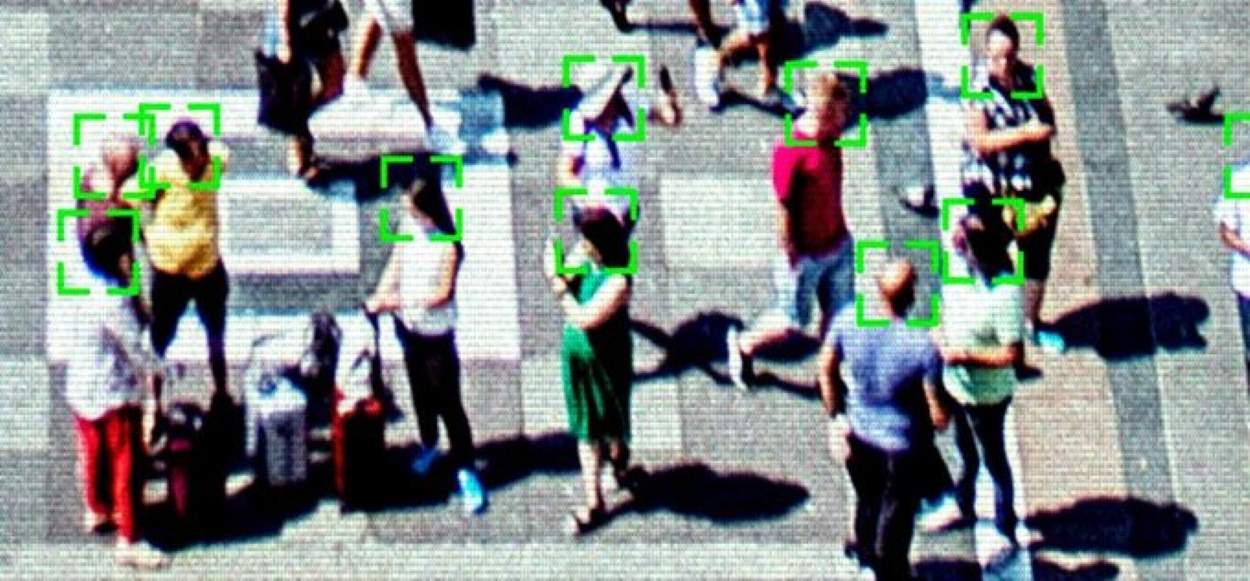The UK deployed real-time facial recognition technology at London’s Notting Hill Carnival, expecting two million attendees, to identify wanted individuals, as reported by The Guardian. As the only European nation extensively using this AI-powered tool, the UK’s approach has ignited privacy concerns and accusations of racial bias
The Metropolitan Police, led by Chief Mark Rowley, are using cameras near Carnival entrances to scan faces against a suspect database, resulting in over 1,000 arrests in 2024, per BBC News. The technology, tested since 2016, scanned 4.7 million faces this year, with 100 deployments since January, compared to 10 from 2016-2019, according to Liberty. It’s also used at events like Oasis concerts and Six Nations rugby games.
'There are very big concerns about it'
Marina Ahmad from the London Assembly spoke to #BBCBreakfast about the use of facial recognition technology by the Metropolitan Police at the Notting Hill Carnivalhttps://t.co/kvLGN9BZlf pic.twitter.com/wSoTFwArRH
— BBC Breakfast (@BBCBreakfast) August 23, 2025Critics, including Big Brother Watch, argue the technology treats the public as a “nation of suspects,” lacking legislative safeguards, per AFP. Retailers like Facewatch use it to combat shoplifting, but opaque data practices raise concerns. Human rights lecturer Daragh Murray noted, “It removes the possibility of living anonymously,” impacting protests and cultural participation. The UK’s human rights regulator deemed the Met’s policy “unlawful” for violating rights regulations.
Eleven organisations, including Human Rights Watch, urged a Carnival ban, citing AI’s racial biases, per The Independent. Shaun Thompson, a Black Londoner, reported a wrongful arrest due to misidentification, fueling claims of targeting Afro-Caribbean communities. Public sentiment on X is divided, with posts like “Facial recognition keeps us safe” clashing with “It’s invasive surveillance!” Abigail Bevon, a forensic scientist, called retail use “invasive,” per AFP.
Interior Minister Yvette Cooper promised a legal framework focusing on serious crimes, but new deployments in Croydon signal expansion. With the EU banning real-time facial recognition except for counterterrorism, the UK’s approach stands out. As debates intensify, authorities must balance safety with privacy, with calls for transparency growing louder.






